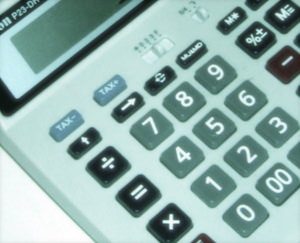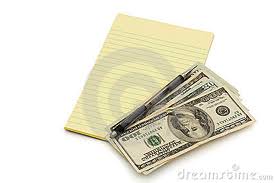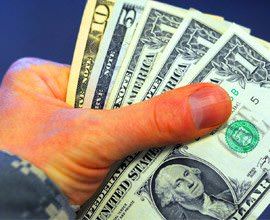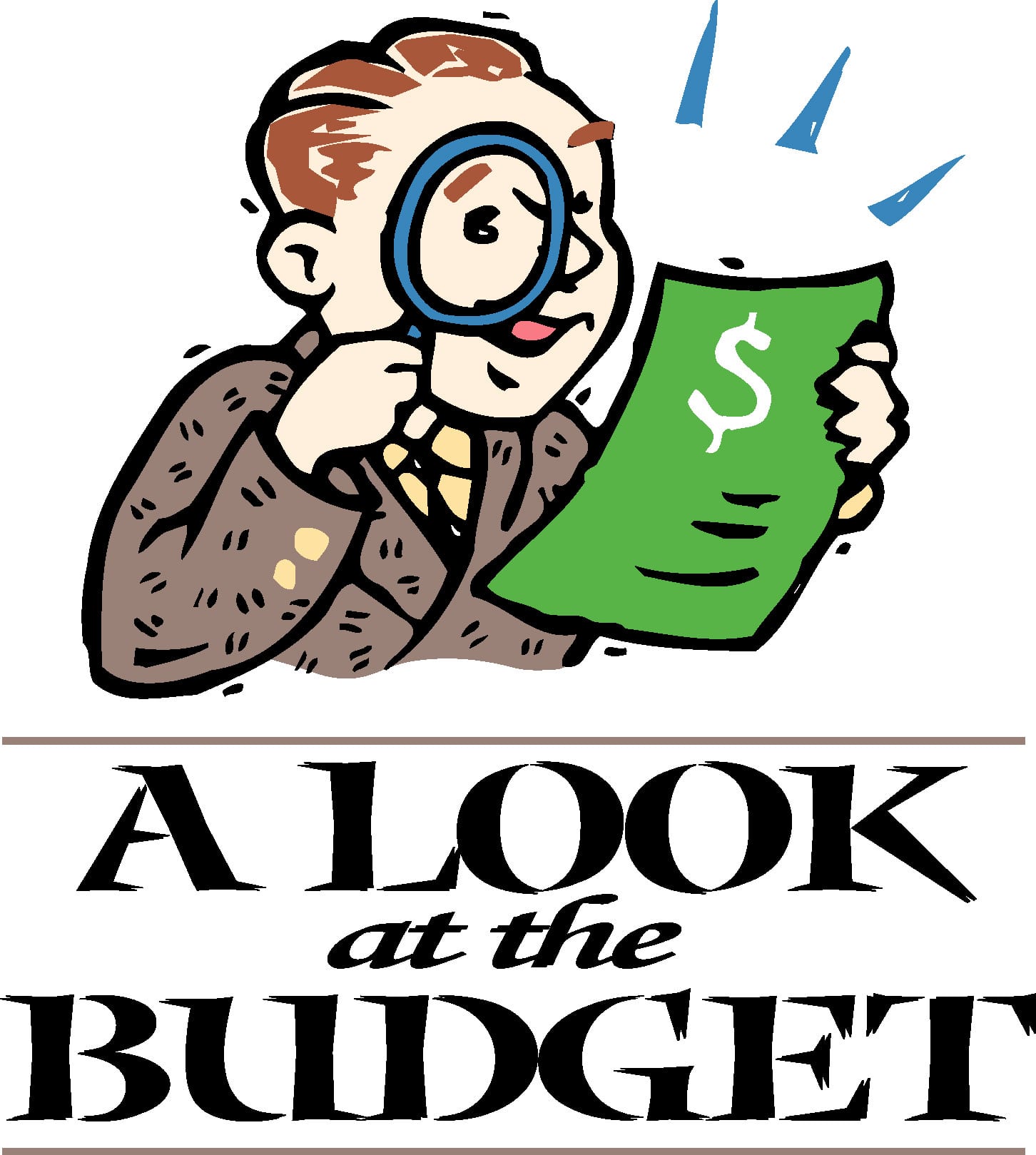A budget is a must when you’re trying to figure out your personal financial situation. Without a budget, you will never take control. You need to make wise decisions, and the only way to do that is with a solid plan. Every person is different, so a budget is going to have to be something personal that you design based on a few standard criteria. Consider the following helpful budgeting tips for taking control of your personal finances.
How to Control of Your Personal Finances With Simple Budget
 First of all, you have to determine what your monthly income is all together. If you live by yourself, this is going to be just what you bring in. If you live with someone else and share expenses, it is necessary for you to combine your finances. As you go along, if you find out you need more income, you can get a second job. This might make time a little more difficult, but it can really help out with your budget and expenses.
First of all, you have to determine what your monthly income is all together. If you live by yourself, this is going to be just what you bring in. If you live with someone else and share expenses, it is necessary for you to combine your finances. As you go along, if you find out you need more income, you can get a second job. This might make time a little more difficult, but it can really help out with your budget and expenses.
Next, you have to determine all of your expenses. You can’t leave any out because if you do, your budget will never work out right. Write down all of your expenses, and start to categorize them. One great way to help you categorize expenses more easily is by using the categorization system that your bank uses if you have online banking. This can be a very helpful tool. You also need to see if you can cut down expenses too. This might make you realize that you need to do that in order to live below your means.
As you go along, you’re going to want to make sure you record all of your spending. This will help you cut back on spending. In a world that moves faster by the day, with debit cards replacing cash and whatnot, people are starting to just forget about tracking their spending habits. This is mandatory if you want to have a solid budget.
Be sure you make realistic goals. If you set up a budget that is too strict in order to get somewhere faster, you’re going to disappoint yourself. However, you shouldn’t be too lenient either. The best thing to do is to be completely honest about your budget and work to honestly make things better for yourself.
Make sure you stick with your budget. If you fail to stick with your budget, you’re going to find yourself starting back at square one. All that hard work will have been for nothing. You have to be disciplined, and you have to make sure you stick closely to your budget in order to save money and reach financial goals.
If you want to take control of your personal finances, a budget is the first step that is required. A good budget will have you finding ways to cut corners and save more money, living below your means. Remember the tips and control of your personal finances you’ve read in this article as you work towards budgeting your finances.









